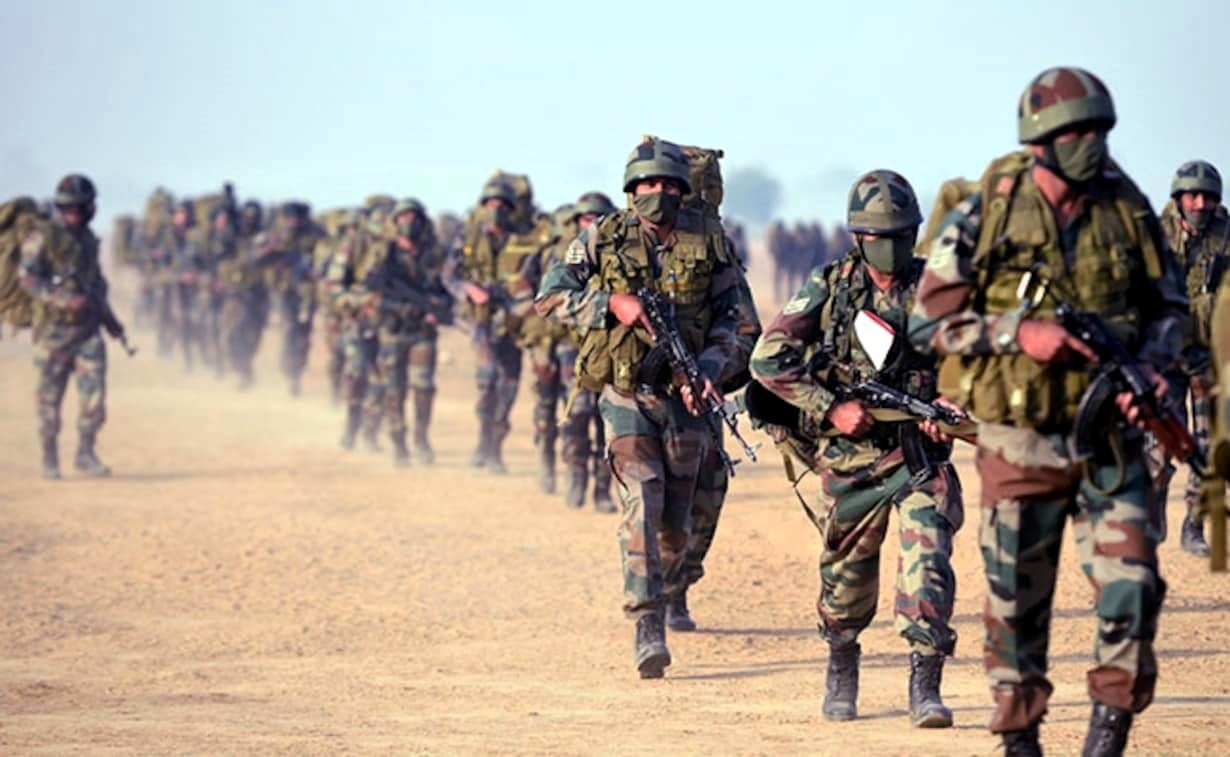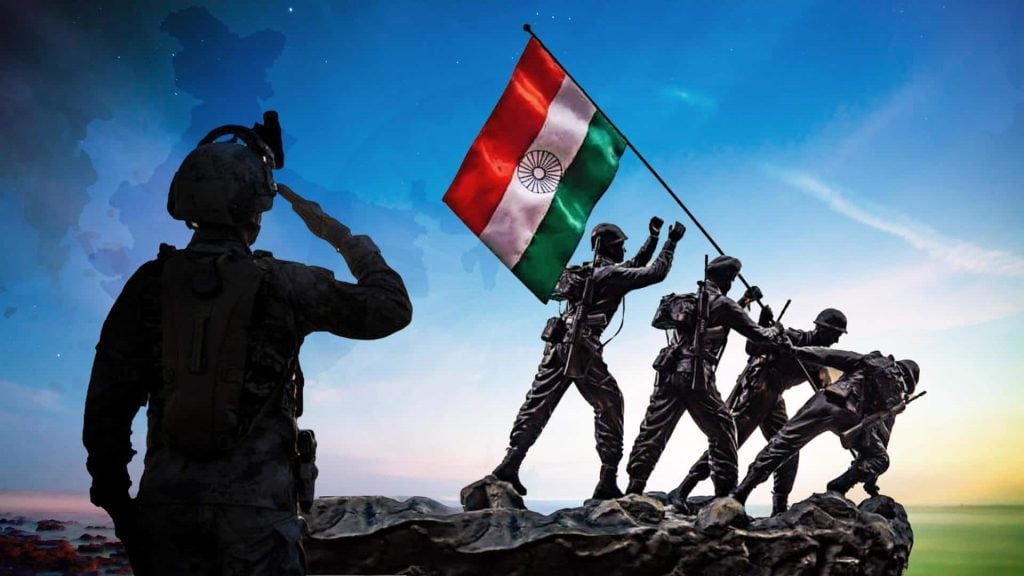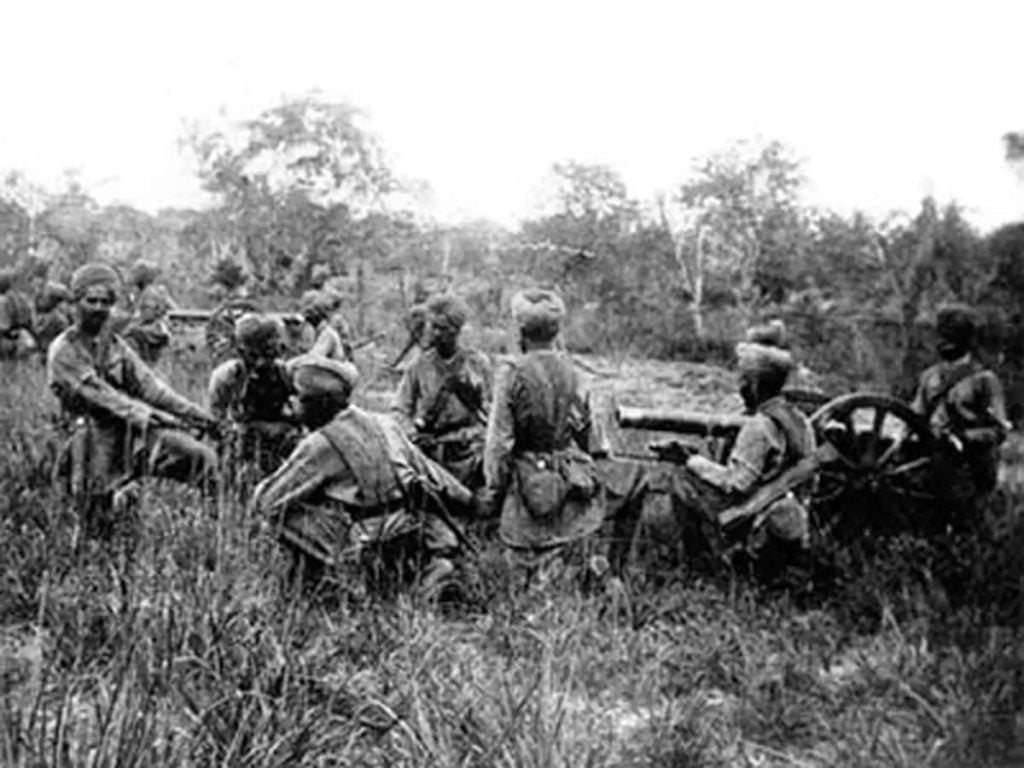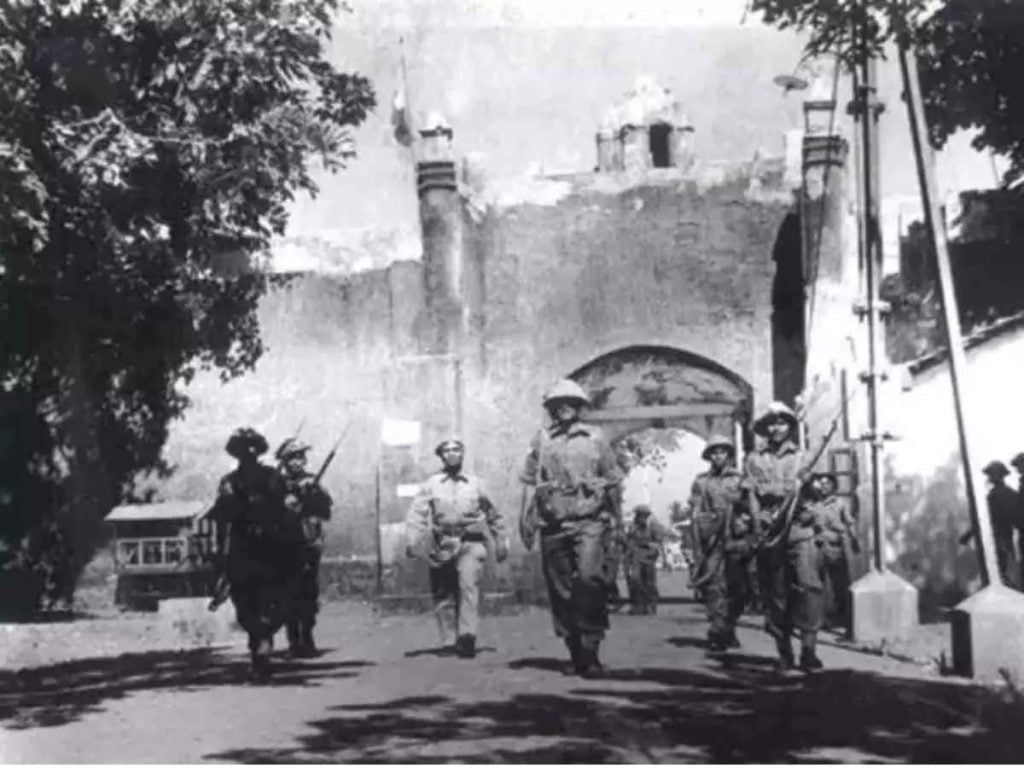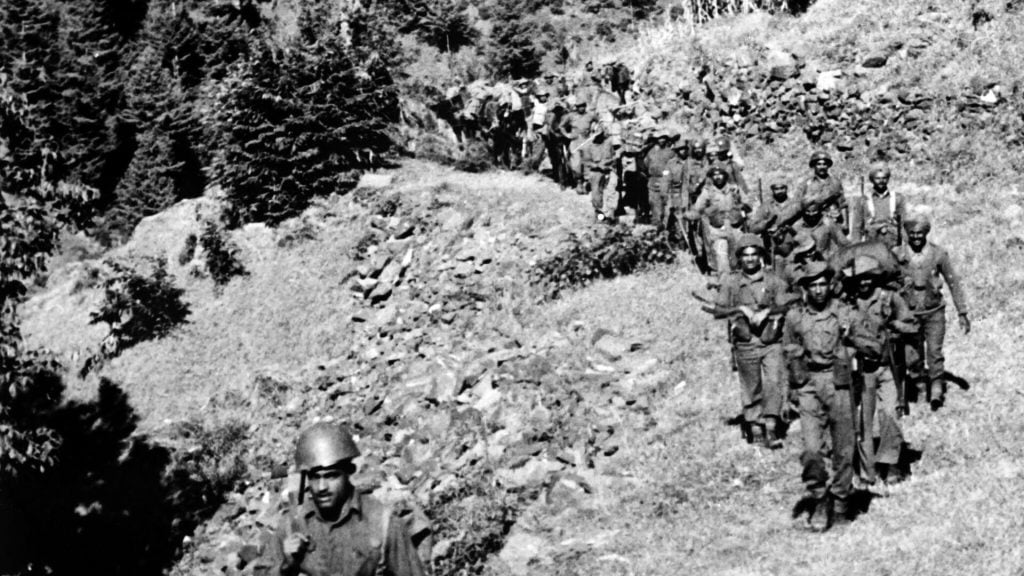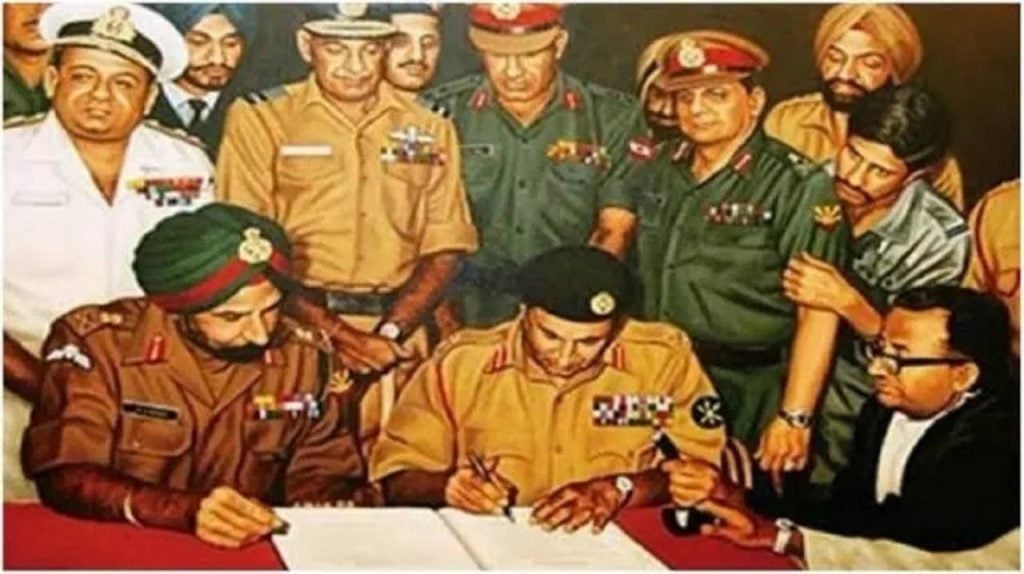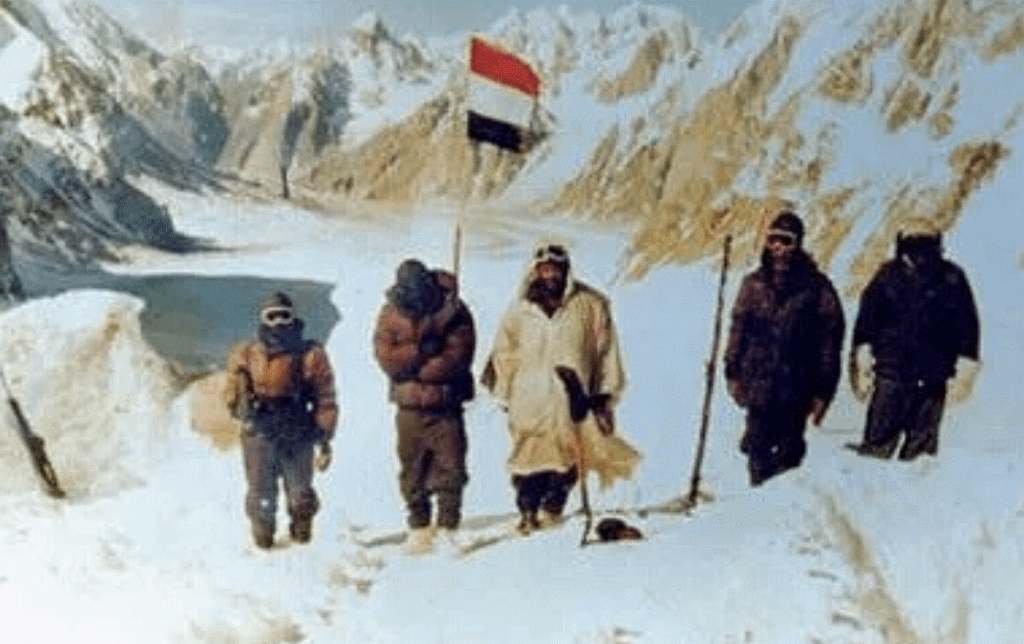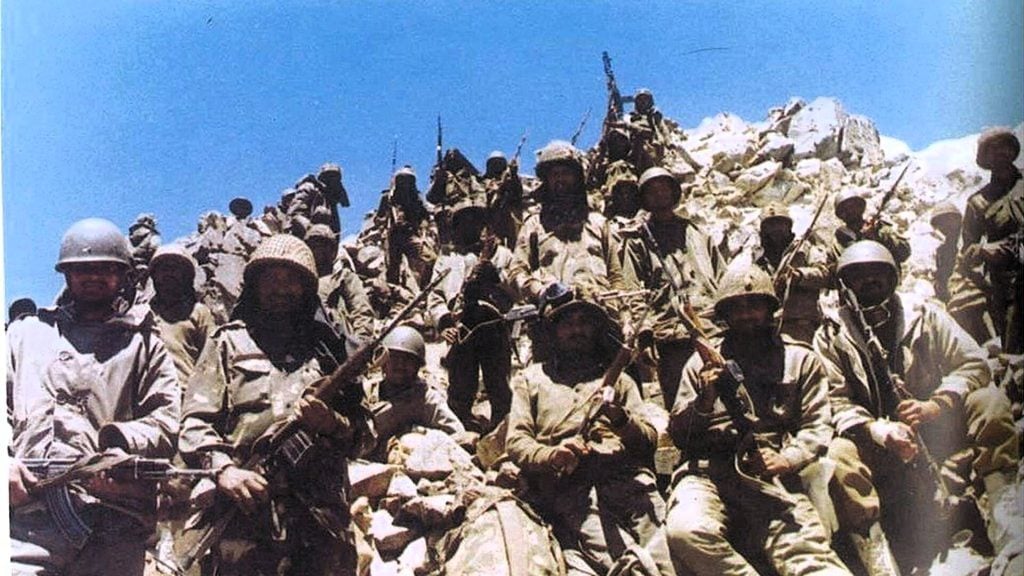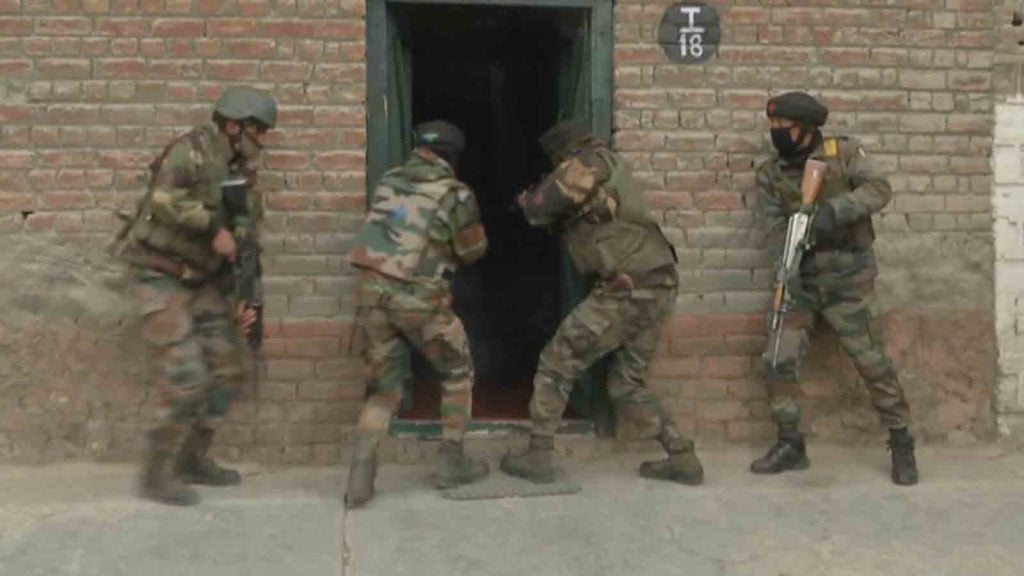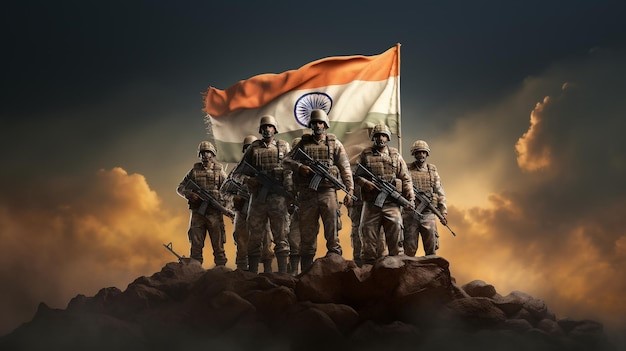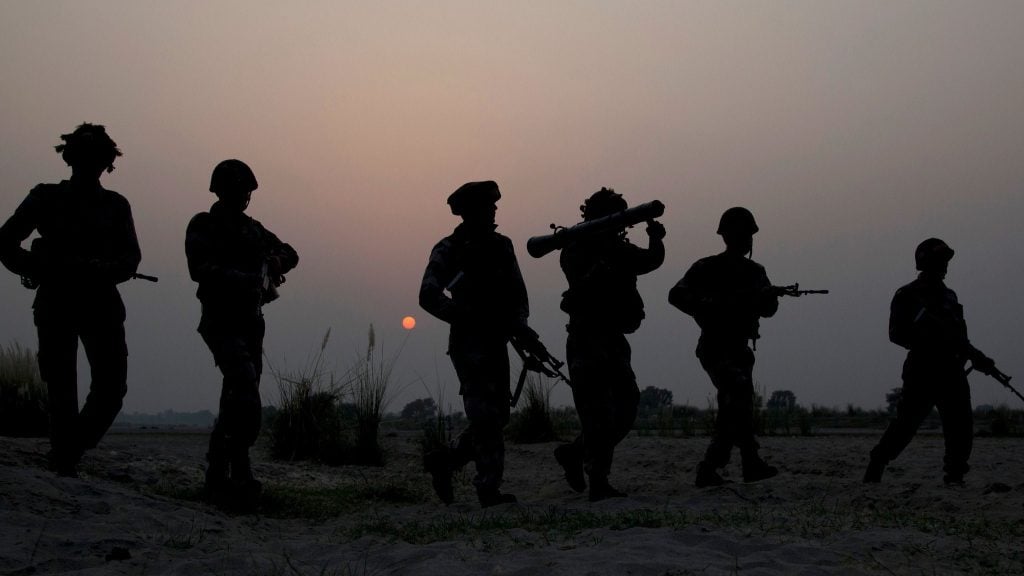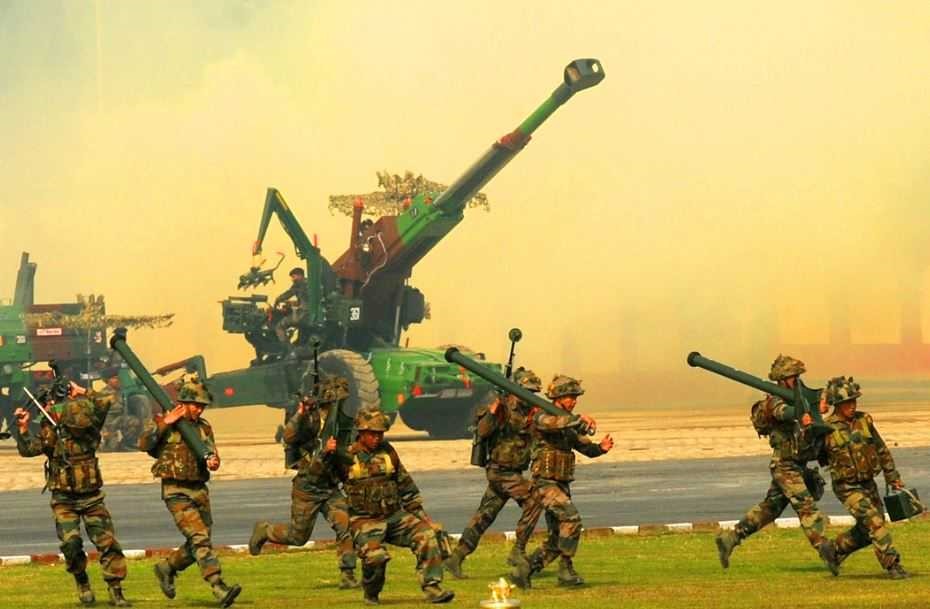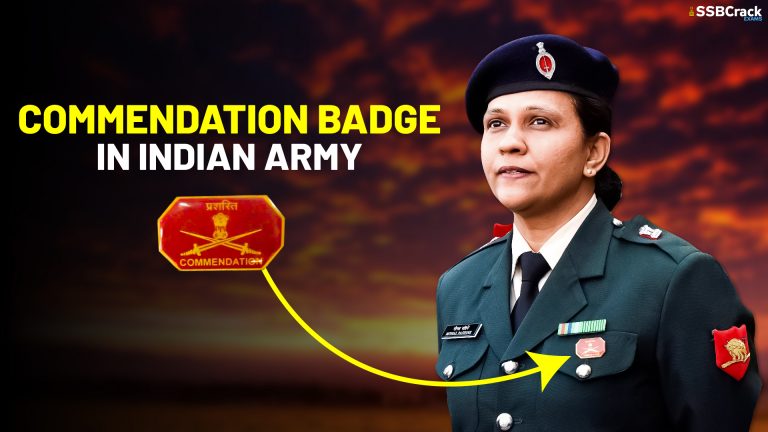The history of the Independent Indian Army is a tapestry woven with valor, sacrifice, and unwavering dedication. From the moment India gained independence in 1947, its armed forces, particularly the Indian Army, have stood as bulwarks against external aggression, safeguarding the nation’s sovereignty and territorial integrity. The battles fought by the Indian Army not only shaped the destiny of the country but also exemplified the indomitable spirit of its soldiers. In this comprehensive article, we delve into the major battles fought by the Independent Indian Army, exploring their historical context, significance, and enduring impact on the nation’s narrative.
List of Indian Army Major Battles
Here is the list of all major battles fought by the Indian Army in Independent India :
- Indo-Pak War of 1947-48 (First Kashmir War):
The very birth of the Independent Indian Army was marked by its first major conflict – the Indo-Pak War of 1947-48, commonly referred to as the First Kashmir War. The Indian Army faced the challenge of defending the princely state of Jammu and Kashmir against Pakistani forces. This battle was not only a test of military strength but a demonstration of India’s commitment to protecting its sovereignty. The Indian Army’s swift intervention and subsequent defense of the state culminated in the establishment of the Line of Control (LoC), marking the end of overt hostilities and the beginning of a lasting territorial dispute.
- Liberation of Goa (Operation Vijay, 1961):
The Liberation of Goa in 1961 is a chapter in Indian military history that showcases the Indian Army’s resolve to protect the nation’s interests and integrate territories into the Indian union. Operation Vijay aimed to liberate the regions of Goa, Daman, and Diu from Portuguese colonial rule. The Indian Army, under the direction of the political leadership, executed a well-coordinated operation that resulted in the successful liberation of these territories. The military action exemplified India’s commitment to decolonization and unity.
- Indo-Pak War of 1965 (Second Kashmir War):
Tensions between India and Pakistan escalated once again in 1965, leading to the Indo-Pak War of 1965. The Indian Army exhibited remarkable determination in defending the nation against Pakistani aggression. The battle of Longewala, in particular, showcased the valor and strategic acumen of Indian soldiers. The war highlighted the Indian Army’s ability to thwart external threats and protect the nation’s sovereignty.
- Indo-Pak War of 1971 (Liberation War):
The year 1971 marked a defining moment in Indian military history. The Indo-Pak War of 1971, also known as the Liberation War, led to the creation of Bangladesh. The Army played a crucial role in supporting the Mukti Bahini and eventually defeating Pakistani forces in East Pakistan. The war showcased the Army’s commitment to humanitarian principles and its instrumental role in shaping the geopolitical landscape of the region.
- Operation Meghdoot (1984):
Operation Meghdoot stands as a testament to the Indian Army’s determination and strategic foresight. Launched in 1984, the operation aimed to secure the Siachen Glacier region. The harsh and inhospitable terrain made the operation a formidable challenge. However, the Army’s successful execution of the operation established India’s advantageous position in this critical area, reflecting the soldiers’ unwavering commitment to national security.
- Kargil Conflict (1999):
The Kargil Conflict of 1999 remains etched in the memory of the Indian nation. Pakistani intruders in the Kargil district of Jammu and Kashmir posed a formidable challenge. The Army swiftly launched Operation Vijay to evict the intruders. The conflict demonstrated the Indian Army’s professionalism, strategic planning, and courage in the face of adversity. The successful operation showcased the military’s commitment to safeguarding the nation’s borders.
- Counterinsurgency Operations:
The Indian Army has been actively engaged in counterinsurgency operations to maintain law and order within the nation.
- Operation Blue Star (1984): The Indian Army’s intervention in the Golden Temple complex aimed to restore law and order. The operation underscored the complex nature of countering internal threats.
- Kashmir Insurgency (ongoing): The Indian Army’s role in managing militancy and insurgency in the Kashmir Valley reflects its enduring commitment to maintaining internal security.
- Peacekeeping Missions:
The Independent Indian Army’s legacy extends beyond its borders through its participation in United Nations peacekeeping missions.
- From Africa to the Middle East, Indian soldiers have contributed to global peace and stability, earning recognition for their professionalism and dedication.
- Surgical Strikes (2016):
The surgical strikes of 2016 marked a paradigm shift in India’s response to cross-border terrorism. In response to a terrorist attack on a Army base, the Indian Army launched surgical strikes across the Line of Control. The precision and strategic planning behind these strikes underscored the Army’s commitment to safeguarding national security and its willingness to take decisive action.
- Current Challenges and Future Preparedness:
The Army continues to evolve and adapt to meet the challenges of an ever-changing global landscape. With modernization efforts, strategic partnerships, and enhanced capabilities, the Indian Army remains steadfast in safeguarding the nation’s interests. As new threats emerge, including cyber warfare and asymmetric challenges, the Indian Army remains at the forefront of protecting India’s sovereignty and security.
The battles fought by the Independent Indian Army epitomize the nation’s spirit of sacrifice, valor, and resilience. From the first days of independence to the modern era, the Army’s legacy stands as a testament to its commitment to protecting the nation’s honor and aspirations. The soldiers’ sacrifices and dedication have secured India’s place in the world as a sovereign and independent nation. As the Indian Armed forces continues to evolve and adapt, its enduring legacy of courage and sacrifice remains an inspiration to future generations, reminding us that the cost of freedom is never forgotten.
FAQs
1. What are some of the major battles fought by the Indian Army?
The Indian Armed forces has been involved in several significant battles throughout its history. Some notable ones include the Indo-Pak Wars of 1947-48, 1965, and 1971, the Kargil Conflict of 1999, and counterinsurgency operations in Kashmir.
2. What was the significance of the Indo-Pak War of 1947-48 (First Kashmir War)?
The Indo-Pak War of 1947-48 was the first major conflict faced by the Independent Indian Army. It involved defending the princely state of Jammu and Kashmir against Pakistani forces. The successful defense led to the establishment of the Line of Control (LoC) and demonstrated India’s commitment to protecting its sovereignty.
3. What was Operation Vijay, 1961, and why was it significant?
Operation Vijay, conducted in 1961, aimed to liberate the regions of Goa, Daman, and Diu from Portuguese colonial rule. It showcased the Indian Army’s resolve to protect the nation’s interests and integrate territories into the Indian union.
4. How did the Indo-Pak War of 1971 (Liberation War) shape the geopolitical landscape of the region?
The Indo-Pak War of 1971 resulted in the creation of Bangladesh and marked a defining moment in Indian military history. The Indian Army supported the Mukti Bahini in East Pakistan and defeated Pakistani forces, leading to the birth of Bangladesh and reshaping the geopolitical landscape of the region.
5. What was Operation Meghdoot, and what was its significance?
Operation Meghdoot, launched in 1984, aimed to secure the Siachen Glacier region. Despite the harsh terrain, the Indian Army successfully executed the operation, establishing India’s advantageous position in this critical area and reflecting soldiers’ unwavering commitment to national security.
6. How did the Kargil Conflict of 1999 demonstrate the Indian Army’s professionalism and courage?
The Kargil Conflict of 1999 involved Pakistani intruders in the Kargil district of Jammu and Kashmir. The Indian Army swiftly launched Operation Vijay to evict the intruders, demonstrating professionalism, strategic planning, and courage in the face of adversity.
7. What role has the Indian Army played in counterinsurgency operations?
The Indian Army has been actively engaged in counterinsurgency operations, including Operation Blue Star (1984) to restore law and order in the Golden Temple complex and ongoing efforts to manage militancy and insurgency in Kashmir.
